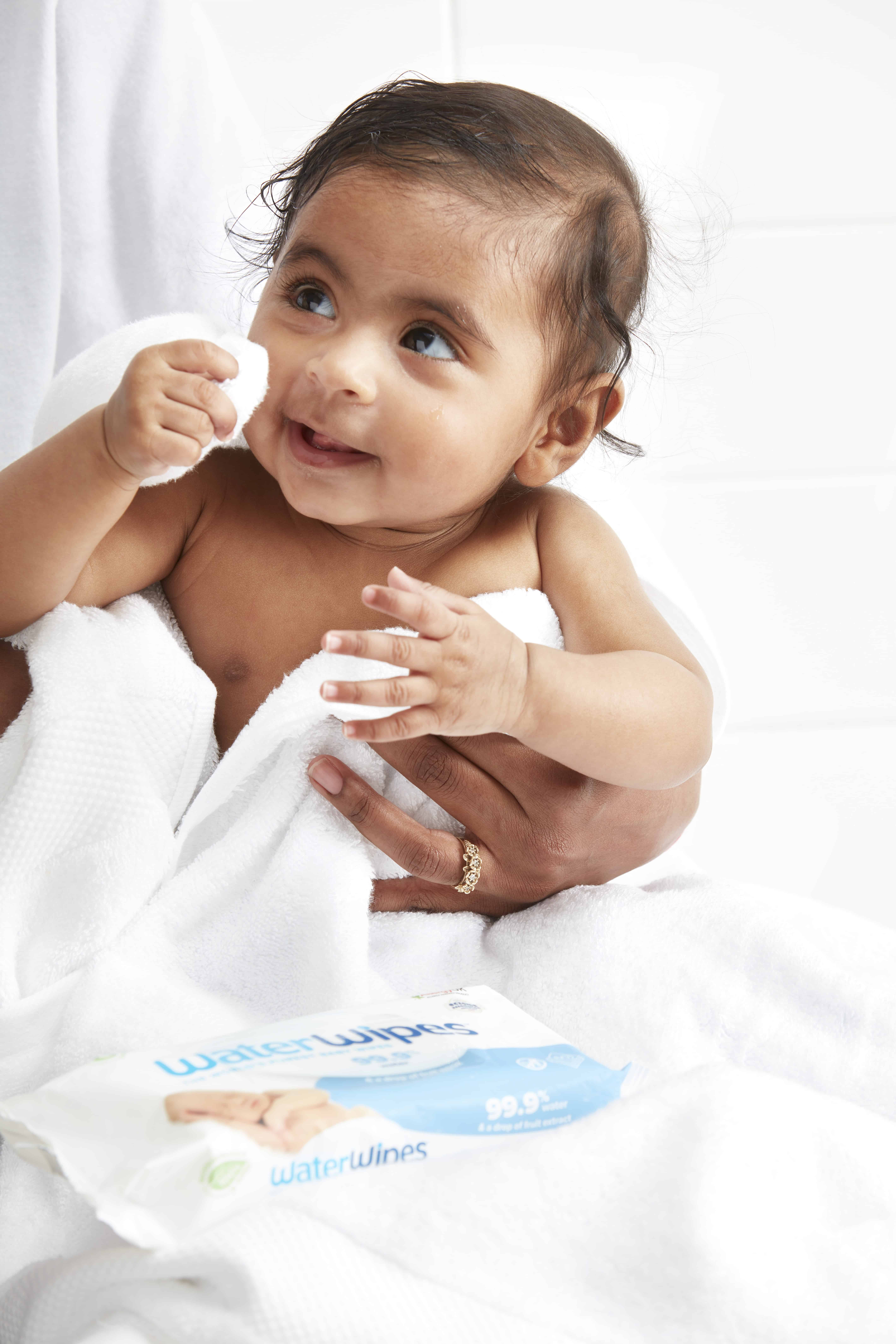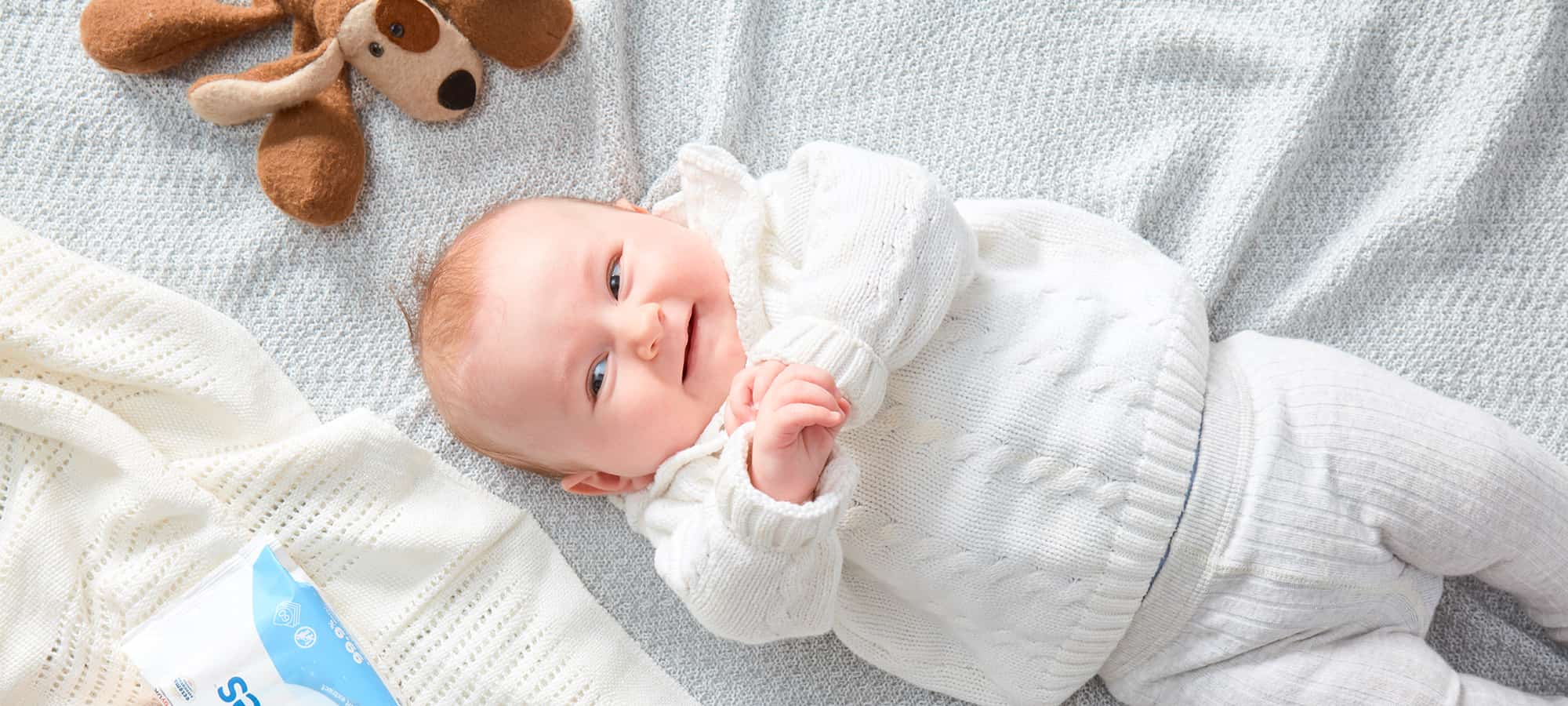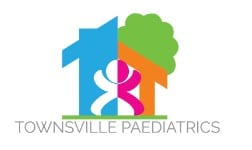Paediatrics is an often misunderstood field, with people thinking that they only need to seek help from a paediatrician when their babies and children are dealing with significant health issues. The reality is, we’re here to support parents at every stage of their child’s health journey. We want you to come to us with questions – we have studied to answer them after all!
As a mother to two beautiful girls, I understand all too well the many questions that parents have when it comes to children’s health. It can seem at times that if it’s not one thing it’s another. I’d like to share with you answers to some of the most common questions that I’m asked as a paediatrician – hopefully they shed some light on difficult situations! These are general in nature, you should always speak to a health professional for advice that applies to you.

How do I deal with my child’s nappy rash?
Unsurprisingly, new research from WaterWipes* found that over 80% of Australian parents have had to care for a baby with nappy rash. It is very common and can be quite painful for children. Although it can be tempting to turn to home remedies such as coconut oil in an attempt to soothe rashes, it’s important to avoid introducing potential irritants to a baby’s delicate skin.
Nappy rash is often caused or aggravated by harsh chemicals in nappies or baby cleaning products. Rather than adding more irritants to inflamed skin, choose products that have minimal harsh additives for your child. Follow this up with a medically-approved barrier cream for extra protection.
What colour should my baby’s poop be?
Your baby’s poop colour will go through changes depending on their stage of development. Do not be afraid of this – there are a wide range of “normal” poop colours. Here are some things to look out for:
- Newborns: A newborn’s first poop will be dark green and sticky. You might expect to see a few dark green poops the following days.
- Breastfeeding: Breastfed babies will have soft poops which will often be a yellow-orange colour, sometimes even green.
- Formula: Formula-fed babies generally have firmer poops, with colours appearing grayer and sometimes even brown.
- Solids: Once you introduce solid foods you can expect firmer, smellier poops. It can sometimes appear like some solids aren’t properly digested but this is normal for your baby’s developing digestive system.
Should I still be breastfeeding my child after they turn 2?
Extended breastfeeding can be a polarising topic but ultimately it is your personal choice whether you want to continue breastfeeding past 24 months. Although it will not be a major source of nutrition (solid foods should be their main diet), there is evidence to show that breastfeeding past the age of 2 is beneficial for both mother and baby.
Is it normal for babies to spit up after every feed?
Babies spit up after feeds for a variety of reasons including swallowing air while feeding, overeating or reflux. According to research from WaterWipes,* 12% of Aussie parents find reflux in their children to be a frustrating issue and it’s certainly a common concern in my practice. Reflux may be mild or it can be severe so it’s best to speak to your paediatrician about your baby’s spit-up habits, as treatment might be necessary.
My baby has their first cold, what does normal snot look like?
It is common for young children to get around 10 viral colds (upper respiratory tract infections) per year, so this is a very frequently asked question. Here are some facts that might help:
- Clear snot is typical at the start of a viral cold but may also indicate hay fever. Look for a pattern or other symptoms to give you clues and go chat with your doctor.
- Thick yellow or green snot does not mean your child needs antibiotics. This is a normal progression of a viral cold and actually indicates that their immune system is fighting it.
- Snot from only one nostril needs further investigation to consider a foreign body if your child is older as children seem to love putting things up their nose!
Babies don’t come with instruction manuals, so it is completely normal to have questions. I really hope these help solve some of the mysteries about your child. You can find out more information here.
*Based on findings from the WaterWipes® 2021 Australian Parent Survey, conducted in July of 1800 participants.





